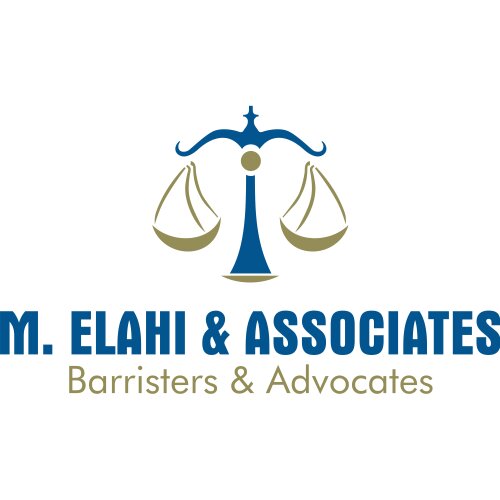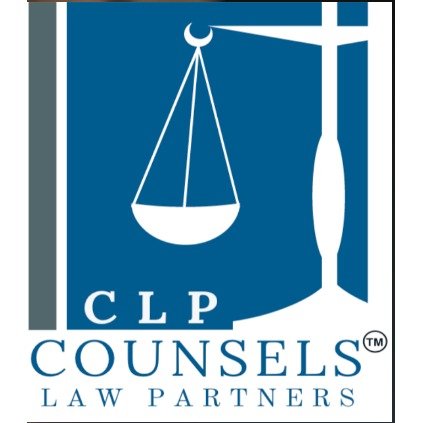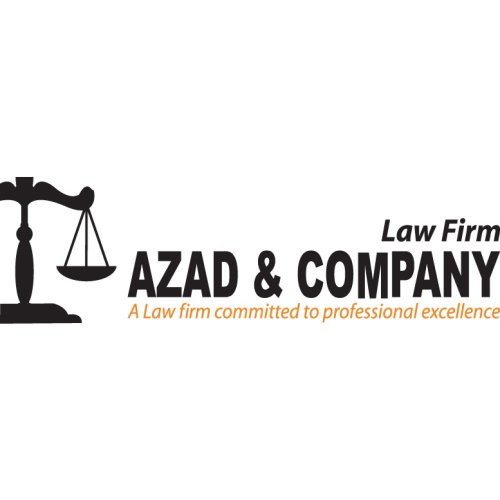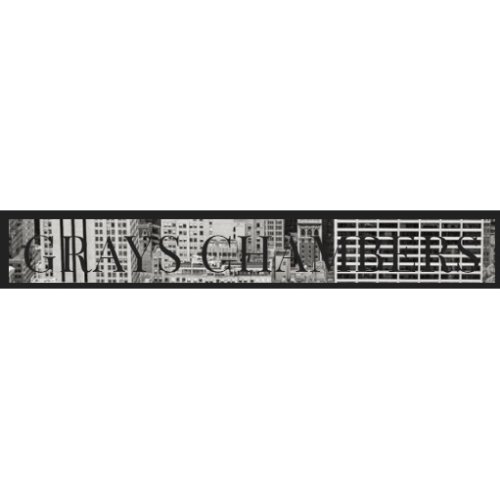Best International Trade Law Lawyers in Bangladesh
Share your needs with us, get contacted by law firms.
Free. Takes 2 min.
Or refine your search by selecting a city:
List of the best lawyers in Bangladesh

M. Elahi & Associates - A Registered Law Firm in Bangladesh
30 minutes Free ConsultationAbout International Trade Law in Bangladesh
International Trade Law in Bangladesh plays a critical role in facilitating and regulating the country's commercial transactions across global borders. As a developing nation, Bangladesh has a growing engagement in international trade, exporting goods like textiles, garments, fish, and seafood primarily to the US and EU markets. The legal framework governing international trade in Bangladesh includes a mix of national laws and international agreements that the country has ratified. Key legislation includes the Customs Act 1969, Import Policy Order 2021-2024, and the Export Policy 2021-2024, among others.
Why You May Need a Lawyer
Engaging a lawyer with expertise in International Trade Law may be necessary in several scenarios:
- When entering into agreements or contracts with foreign entities.
- If dealing with disputes or litigations involving cross-border trade transactions.
- For compliance with customs regulations and duties.
- In navigating the complexities of export-import licenses and permits.
- To understand taxation on international transactions.
- If facing penalties or sanctions related to international trade.
- During the application of international trade agreements and treaties.
Local Laws Overview
The legal landscape for international trade in Bangladesh is governed by a blend of domestic laws and international commitments. Key aspects include:
- Customs Regulations: Governed by the Customs Act 1969, which outlines procedures for import, export, and transit goods.
- Import Policy Order: Defines which goods may be imported and under what conditions.
- Export Policy: Focuses on enhancing export performance through various incentives and regulations.
- Tariff and Non-Tariff Barriers: Includes a range of duties and regulatory standards that can affect trade flows.
- Trade Agreements: Bangladesh is a signatory to several bilateral and multilateral trade agreements, including SAFTA and agreements under the WTO.
- Banking and Finance Law: Governs the transactions of international trade, particularly regarding financing and currency exchange.
Frequently Asked Questions
What are the main legal obstacles in international trade for businesses in Bangladesh?
Complex customs procedures, non-tariff barriers, and a lack of transparency in regulations can present obstacles.
How does the Import Policy Order affect my business?
It dictates which goods can be imported into Bangladesh, under what conditions, and any applicable restrictions or requirements.
What should I consider when drafting an international sales contract?
Key considerations include payment terms, delivery obligations, dispute resolution mechanisms, and applicable law.
Are there any tax incentives for exporters in Bangladesh?
Yes, the government provides various fiscal incentives, including reduced tariffs on raw materials and tax holidays for certain industries.
Can I seek arbitration for a dispute with a foreign company?
Yes, arbitration is a recognized mode of dispute resolution in international trade and can often offer a quicker resolution than courts.
What impact do international trade agreements have on Bangladesh businesses?
They can provide market access and reduce tariffs but may also require compliance with stringent standards.
Do I need a special license to export from Bangladesh?
Depending on the goods, an export license may be required as per the Export Policy guidelines.
Can sanctions affect my trade with certain countries?
Yes, international sanctions can restrict trade with certain countries, so it's crucial to ensure compliance.
What is the role of the WTO in Bangladesh's trade policies?
The WTO sets global rules for trade, and Bangladesh, as a member, must align its domestic policies with international standards where applicable.
How can I ensure compliance with local and international trade laws?
Consulting a qualified lawyer specializing in international trade law can help in understanding and complying with complex regulations.
Additional Resources
For additional information, consider the following resources:
- Bangladesh Tariff Commission
- Ministry of Commerce, Bangladesh
- Directorate of Customs, Bangladesh
- Export Promotion Bureau of Bangladesh
- Dhaka Chamber of Commerce & Industry
- World Trade Organization (WTO) resources specific to Bangladesh
Next Steps
If you need legal advice in the field of International Trade Law, consider contacting a law firm specializing in this area. Look for firms with experience in cross-border transactions and an understanding of both local and international regulations. Schedule a consultation to discuss your specific legal needs and ensure they have the necessary credentials and expertise to assist you effectively.
Lawzana helps you find the best lawyers and law firms in Bangladesh through a curated and pre-screened list of qualified legal professionals. Our platform offers rankings and detailed profiles of attorneys and law firms, allowing you to compare based on practice areas, including International Trade Law, experience, and client feedback.
Each profile includes a description of the firm's areas of practice, client reviews, team members and partners, year of establishment, spoken languages, office locations, contact information, social media presence, and any published articles or resources. Most firms on our platform speak English and are experienced in both local and international legal matters.
Get a quote from top-rated law firms in Bangladesh — quickly, securely, and without unnecessary hassle.
Disclaimer:
The information provided on this page is for general informational purposes only and does not constitute legal advice. While we strive to ensure the accuracy and relevance of the content, legal information may change over time, and interpretations of the law can vary. You should always consult with a qualified legal professional for advice specific to your situation.
We disclaim all liability for actions taken or not taken based on the content of this page. If you believe any information is incorrect or outdated, please contact us, and we will review and update it where appropriate.
Browse international trade law law firms by city in Bangladesh
Refine your search by selecting a city.
















